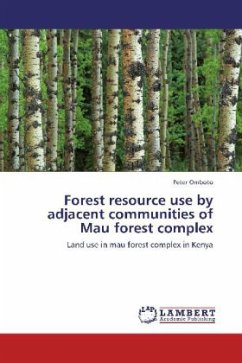
Forest resource use by adjacent communities of Mau forest complex
Land use in mau forest complex in Kenya
Versandkostenfrei!
Versandfertig in 6-10 Tagen
45,99 €
inkl. MwSt.

PAYBACK Punkte
23 °P sammeln!
There have been global concerns about the reduction of land under forest resources in the world. In Kenya, forest destruction far exceeding expansion of plantations has resulted in the imposition of a ban by the government on forest products and services. Mau Forest Complex, which is located in the central region of Rift Valley of Kenya, is the biggest water tower in Eastern Africa. Much of the forest in this water tower has been excised. This has led to stringent measures taken by the government to limit its use by the adjacent communities who previously depended on it as a major source of li...
There have been global concerns about the reduction of land under forest resources in the world. In Kenya, forest destruction far exceeding expansion of plantations has resulted in the imposition of a ban by the government on forest products and services. Mau Forest Complex, which is located in the central region of Rift Valley of Kenya, is the biggest water tower in Eastern Africa. Much of the forest in this water tower has been excised. This has led to stringent measures taken by the government to limit its use by the adjacent communities who previously depended on it as a major source of livelihood. The aim of this study was to assess the socio-economic implications, to the local communities, if excisions of Mau Forest Complex continue unabated and the government continues with the ban of its use. The study was based on field surveys. Multistage sampling technique was used to determine a representative population sample from about 150,000 households located within the Mau Forest Complex region.



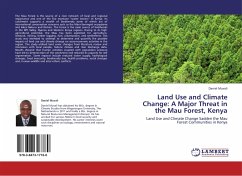
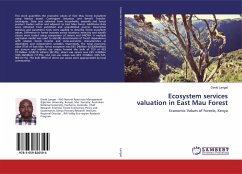

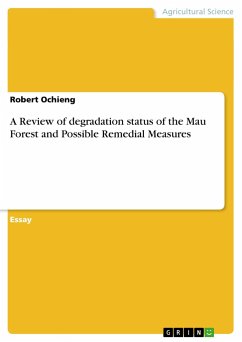
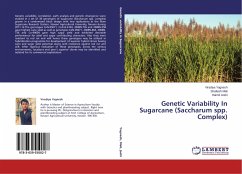
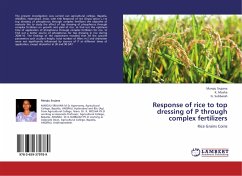
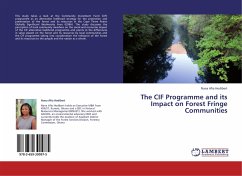
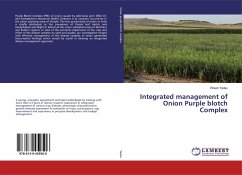
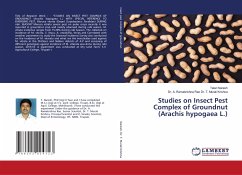
![Effect of Sowing Date on Pest Complex of Mungbean[Vigna radiata (L.)] Cover Effect of Sowing Date on Pest Complex of Mungbean[Vigna radiata (L.)]](https://bilder.buecher.de/produkte/54/54192/54192586n.jpg)